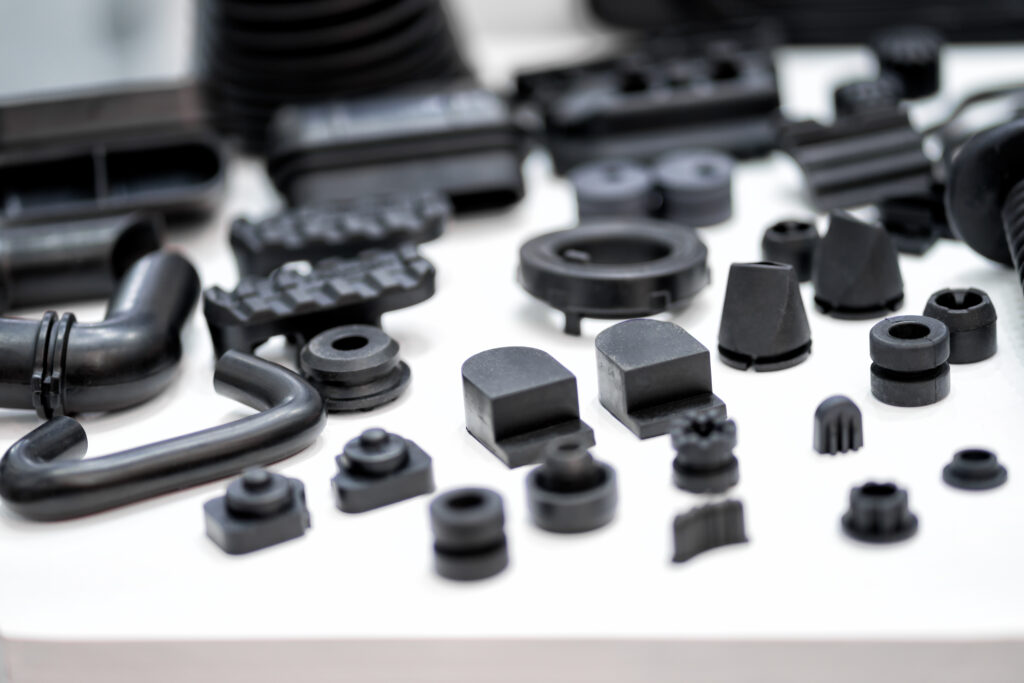Precision Injection Molding Process
At Montrose Molders, we take pride in our advanced precision injection molding process. Precision injection molding is a process that enables the production of components with dimensional control of 1/3 of the dimensional tolerance range spec’d for the component. The process ensures the production of intricate and complex components with tight tolerances. Our state-of-the-art equipment, our skilled engineers, and our high tooling standards enable us to carry out this process on the mold complex custom injection molding projects.
Precision injection molding differs from conventional injection molding in the following ways:
1. Tolerances and Precision:
– Precision Injection Molding: This method is known for extremely tight tolerances, often in micrometers. It achieves high precision and accuracy, making it suitable for intricate and detailed components.
– Conventional Injection Molding: While still precise, conventional molding may have slightly looser tolerances compared to precision molding. It is typically used for applications where extremely tight tolerances are not critical.
2. Tooling and Mold Design:
–
Precision Injection Molding: Utilizes advanced tooling and molds with intricate designs. The molds are often engineered with high precision to ensure consistent and accurate replication of the desired part. They are often
Class 101 injection molds.
– Conventional Injection Molding: Relies on well-designed molds, but the complexity and precision might not be as high as in precision molding. This can result in variations in part dimensions.
3. Material Selection and Processing Control:
– Precision Injection Molding: Often involves strict control over processing parameters and material characteristics. This ensures that the material is precisely injected and cooled to achieve the desired properties.
– Conventional Injection Molding: Offers flexibility in material choices and processing conditions. However, the level of control may not be as stringent as in precision molding.
4. Applications:
– Precision Injection Molding: Preferred for applications where extremely tight tolerances, intricate details, and high-quality finishes are crucial. Common in industries such as medical devices, electronics, and precision engineering.
– Conventional Injection Molding: Widely used across various industries for producing a wide range of plastic components. It is suitable for applications where tight tolerances are essential but not as critical as in precision molding.
In summary, precision injection molding stands out for its focus on achieving the highest levels of accuracy and tight tolerances, making it ideal for applications that demand meticulous precision. Conventional injection molding, while precise, offers a broader range of applications with slightly more relaxed tolerances. The choice between the two depends on the specific requirements of the project and the desired level of precision.
Reach out today to speak with one of our technical service representatives about your next project.


